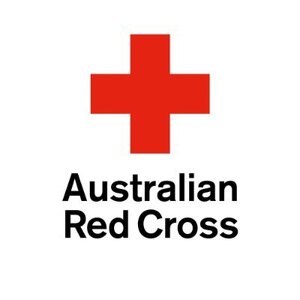How does Lifeblood Gifts work?
- Sign up here to be part of the program and to make sure every one of your donations count.
- For every third donation (regardless of donation type), you can choose a gift to take home!
- Once you’ve redeemed a gift, your Gift status resets again and you can give, receive, repeat!
Available are:
- Stainless steel bottle - a dark red stainless steel water bottle
- Reusable takeaway cup - a reusable takeaway cup in dark red
- Warm beanie - a beanie in light and dark red colours
- Donor cap - a red cap with blood donor for life written on it
- Cosy blanket - a red blanket
NOTE: Some people might be thinking I am stretching the "Bargain" aspect here but it is free, and only requires you to spend some of your time if you are physically able to.


This is the second time they are doing the Lifeblood gifts program. I can say previous program's gifts were of high quality and I still use them.